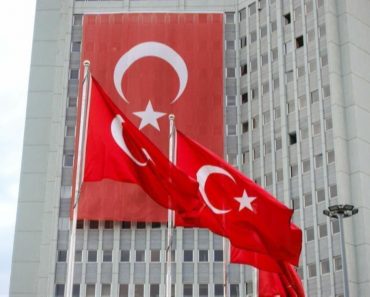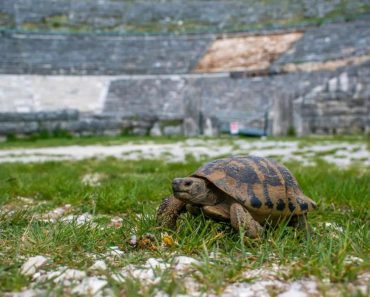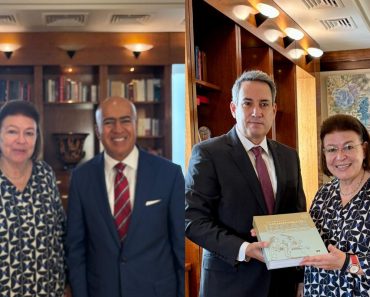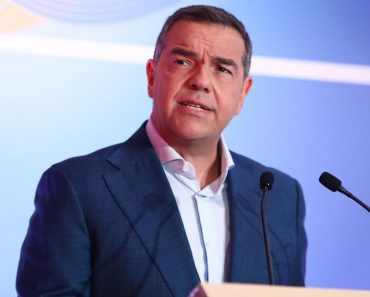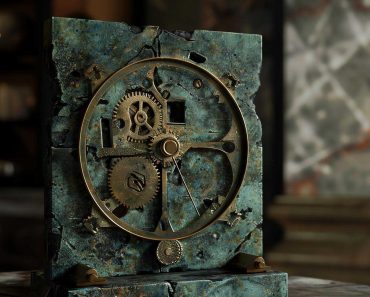For decades, it was just an object in a drawer—a diary filled with Greek cursive that was difficult to decipher. To Alec Karys and his siblings, their father’s journal was kept with his other prized possession, a gold pocket watch, but it was rarely opened and never read. The father, Pantelis C. Karatasakis, passed away in 1964, taking his stories of the Greco-Turkish War with him. It wasn’t until his mother’s passing in 2000 that the diary came into Alec’s hands, and he finally unlocked the voice of the young soldier his father once was.
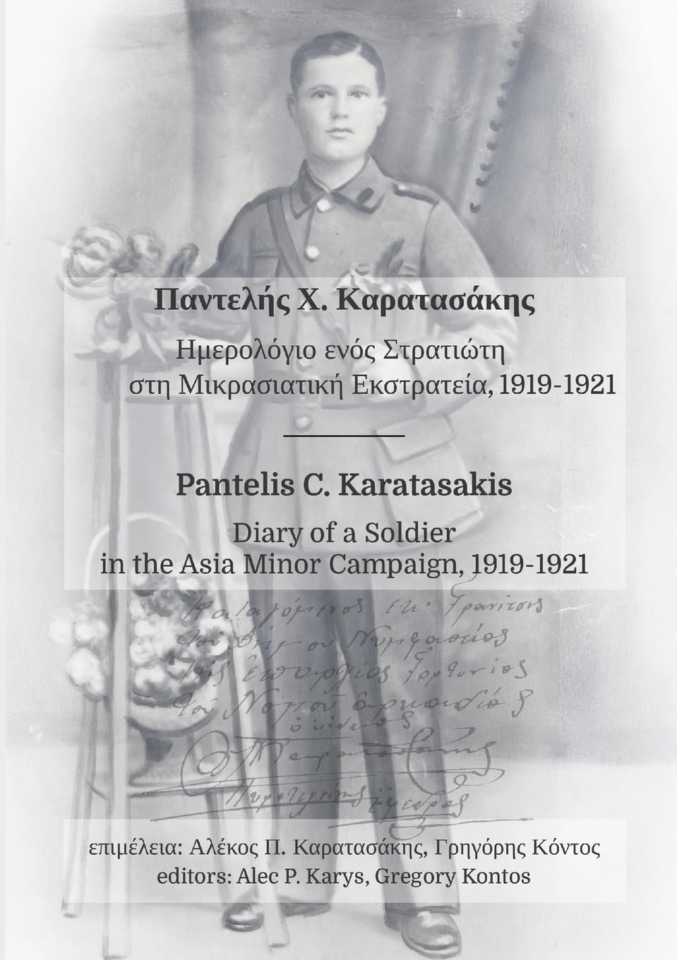
“Pantelis C. Karatasakis: Diary of a Soldier in the Asia Minor Campaign 1919-1922.” Co-edited with historian Gregory Kontos, chronicles Pantelis’s daily experiences and also many poems in which he shared his deepest emotions.
You wrote that the diary was in your father’s dresser for your whole childhood, but you only became aware of its contents after your mother’s passing in 2000. Could you describe the moment you read your father’s words?
At first, I did not understand what the contents included. Plus, the small cursive writing was hard to read and in Greek. The date in the first full page caught my eye, April 8, 1919. With the many full pages that followed, I started to realize that my father was keeping a DIARY of his military experience in the Greco-Turkish war.
The book’s prologue states that you “unlocked parts of [your] father’s own history, an aspect of his life and character” you didn’t know. What was the most surprising thing you learned about your father through his diary entries and poems?
My father was not an openly sensitive person and he did not show his emotions often, and in general he was quite reserved. Typically, in those days Greek parents did not show affection towards their children. Also, as I was the youngest of six, and my parents were older and were tied up with their daily chores and the stresses of daily life, given that I was born during the Nazi occupation, and that was followed by the civil war in Greece, I always felt that my sisters raised me. The diary revealed a sentimental side of my father I had never been aware of before.
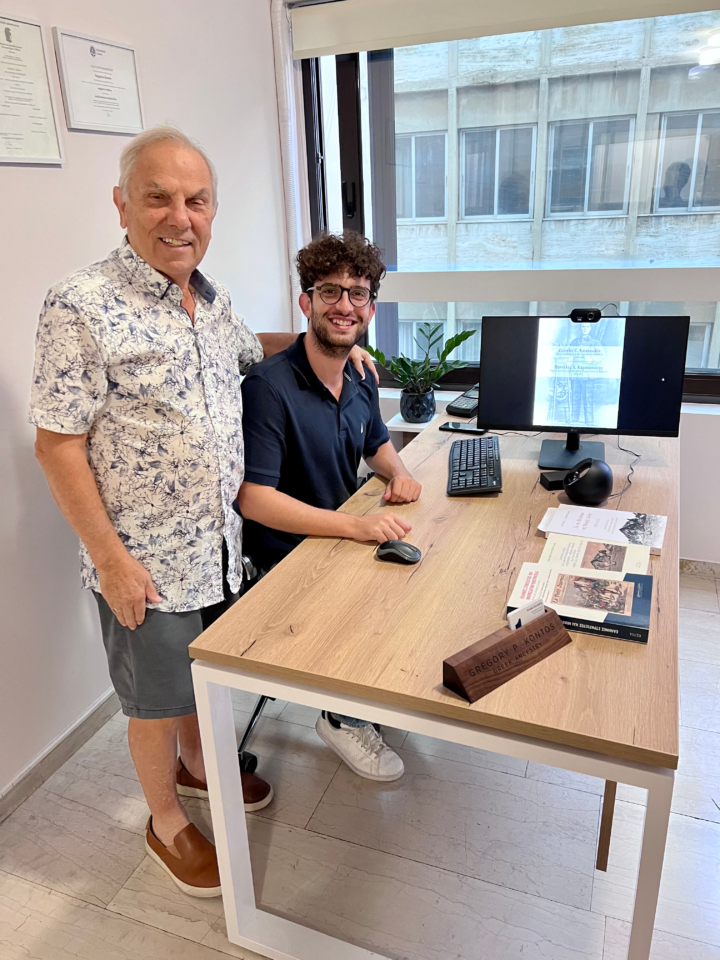
Alec P. Karys and Gregory Kontos / Photo Credit: Alec P. Karys
Transforming a century-old personal diary, written in Greek cursive, into a published book is a massive undertaking. What were the biggest challenges you and Gregory Kontos faced in translating and editing the text while ensuring you preserved the authenticity of your father’s voice?
There were numerous challenges, besides just the small cursive writing. In some case words could not be deciphered, in other cases there were military terms and names of locations that have since been changed. There were also spelling errors and grammatical errors, as my father never had a higher level of education. Overall, there was a four-year time lapse, to complete the project, interrupted by COVID.

The Original Diary / Photo Credit: Alec P. Karys
Your father included many poems in which he shared his “deepest emotions”. What do they reveal about a soldier’s inner world at the time?
My father thought he was going to die in the ongoing war, and he longed to see his beloved village of Nymphasia and his mother and family again. Also, I never knew my father could write such eloquent poems, where he shared his most vulnerable feelings and shed tears while writing, and those tears fell on the written pages smudging the not yet dry ink. In one quote he laments “Mother, you write me a letter and ask me how am I doing, with this letter in hand, poor me, this is where I will die.”
All net profits from the book will be donated to your father’s hometown of Nymphasia, Arcadia, for community projects. What inspired this generous decision?
Throughout the Diary, my father expressed his love for his birth place Nymphasia. He participated in many community projects including the building of the main church, Agia Trias. He was forlorn that he could not contribute more post war, as he clearly thought he would not survive. Amazingly, this Diary project will give back to the community, in projects that are yet to be defined. Post war my father served as President of the community for many years, between 1932-1950, as he continued to show his dedication.
Beyond being a valuable historical record, what do you hope a modern reader takes away from this very personal account of war, hardship, and survival from a century ago?
War is terrifying and horrific and brings out deep-seated and primal emotions in human beings. As humans we rely on an often unknown inner strength to survive in times of crisis and despair, something we often do not know we possess until the situation confronts us. Survival is a basic human instinct, even in the most difficult situation, especially when we are driven to persevere and endure by a longing to be reunited with our cherished family and home.

What can be shared about your father’s post war life ?
After the war, my father returned to his beloved village of Nymphasia, where he was a highly regarded and highly respected member of the community. Subsequently he served as President of the community from 1932 thru 1950. My father was married in 1927 to Elizabeth Sfikas (from Nymphasia). They proceeded to have six children. Luckily, the entire family survived both the Nazi occupation and the Greek civil war, and emigrated to America in 1951 via sponsorship from their Uncle John Karatasakis ( my father’s brother ).
Pantelis C. Karatasakis: Diary of a Soldier in the Asia Minor Campaign 1919-1922 is available on Lulu in three different formats: Hardcover, paperback and e-book (PDF). Lulus ships globally.
Paperback versions are available on Amazon and Barnes & Noble.
The Diary includes an innovative two page view, with Greek on one side and the equivalent English on the other side. All pages of the original Diary have been scanned and are included.
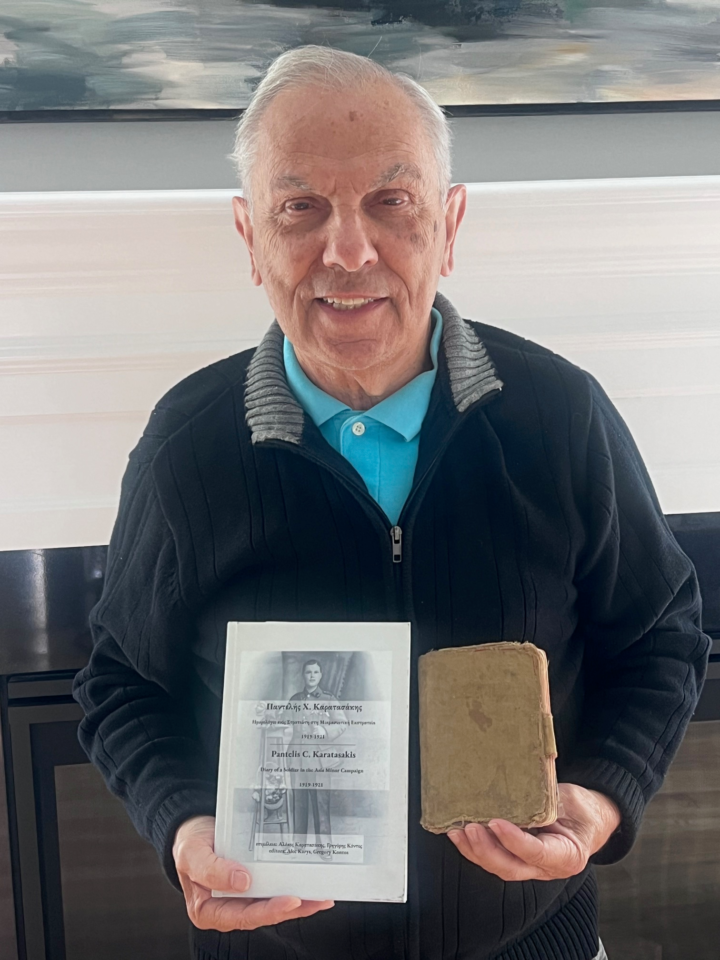
Alec P. Karys / Photo Credit: Alec P. Karys


